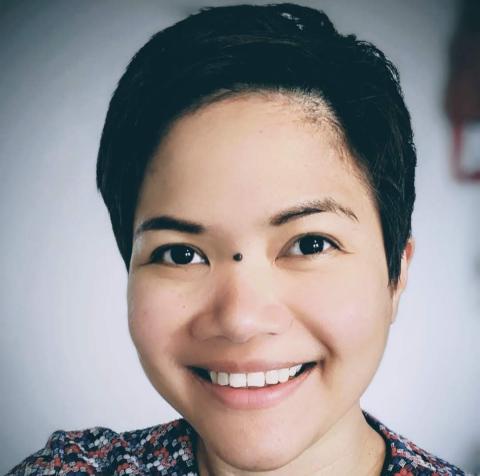New podcast series explores how lifelong learning can deliver a sustainable future
We are living in unprecedented times. The world has been hit by health, humanitarian and economic crises. We need to bring our knowledge and efforts together to tackle the challenges. In the Decade of Action, we aim to accelerate implementation of the 2030 Agenda and the sustainable development goals (SDGs), particularly in areas where we are off track.
To accelerate action, we need lifelong learning that promotes continuous knowledge acquisition and builds new skills among people, no matter their age or location. Sustainable development cannot be achieved with technological solutions, regulatory frameworks, and financial instruments alone – although they are extremely important. We also need to focus on people’s learning so as to live sustainably, acquire skills, values, and attitudes, and to contribute to the creation of sustainable societies. Lifelong learning offers a strong framework for the implementation of the 2030 Agenda and offers tools for stakeholder engagement, international cooperation, partnerships, social inclusion, gender equality, and poverty alleviation.
To ensure the continuous sharing of key lessons and insights on effective ways to use learning as a vehicle to achieve a sustainable future, UN SDG:Learn launched the SDG Learncast, a podcast series that features leaders of learning for sustainable development. The first series focuses on trends, tools, and methods that help adapt skillsets, mindsets, and behaviors today that can help change the future.
In the episode, The Changing Role of Learning for the Future of Work – Closing the skills gap, Sheila Jagannathan of the World Bank Open Learning Campus highlighted the changing role of the 'teacher' from being a 'sage on the stage' to becoming a 'guide on the side.' The role shifted to facilitating active learning by effectively utilizing learning tools and resources. There is also a shift in the learner's role; it moves away from individualized to collaborative learning, where the learner interacts with peers and experts, which facilitates collective intelligence, crowdsourcing, and co-creation. To walk the talk, the World Bank, with its more than 16,000 staff, established practice groups that package and disseminate learning and capacity-building programmes around SDG themes.
Cristina Petracchi of the FAO eLearning Academy shares her insights on running global hackathons in the SDG Learncast episode How to Hack Hackathons? – Using collective brainpower to solve food insecurity. She highlighted the shift FAO made in conducting competitive hackathons to make them more collaborative. "When we started, we were thinking of the competitive process, and we saw that the attitude was not the right one. So we modified the hackathon to become a collaborative process. And as soon as we decided to ask participants to help each other and to produce something that is the result of their work together, and not their own project that they came with, the entire mindset changed."
How can learning help us prepare for the future? In the episode, What can we learn from the future? – The role of futurists in achieving sustainable development, Professor Sohail Inayutallah, the UNESCO Inaugural Chair of Future Studies, shared tools to build what he calls "Preferred Futures." The narratives, metaphors, and stories we tell ourselves affect how we make the impossible possible. "Because the metaphor is a way that you can communicate on often intangible futures in words that people can appreciate, understand."
Listen to SDG Learncast to learn more on how future studies can help achieve a sustainable future.
About SDG Learncast
SDG Learncast is a podcast series by UN SDG:Learn, a United Nations initiative aiming to bring relevant and curated learning solutions on sustainable development topics to individuals and organizations. UN SDG:Learn is coordinated by UNSSC and UNITAR. Questions and suggestions? Email joint.secretariat@unsdglearn.org.
